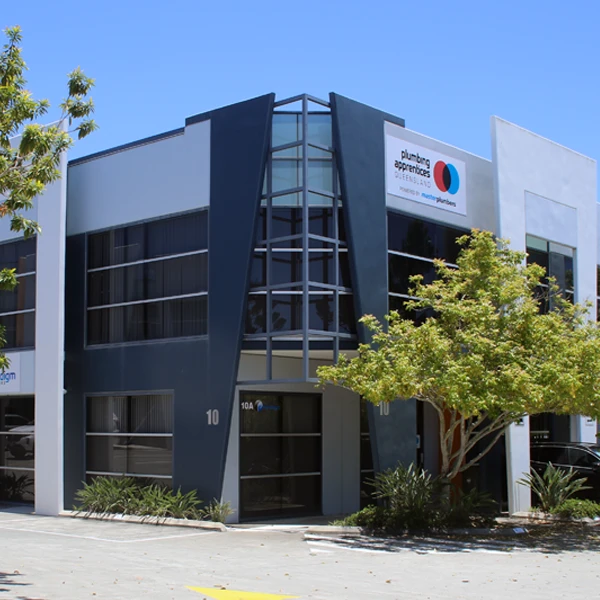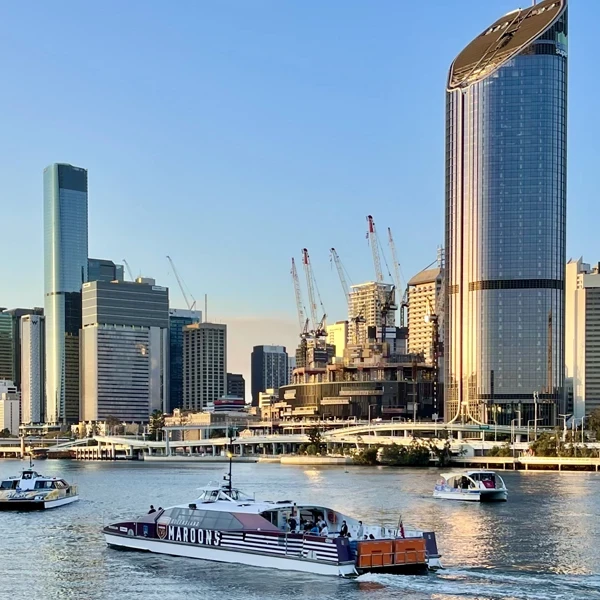Helping you with …
Smart Asset Managers offers a comprehensive solution to the numerous responsibilities that come with property ownership.
Whether you need assistance with financial administration, rent arrears, lease management, facilities maintenance, or upgrade projects, these services are designed to simplify your life as a property owner.
With their expertise and systematic approach, commercial property managers help ensure that your property remains profitable, well-maintained, and appealing to tenants.

What our clients say…

Contact us about the Management of your Commercial Property in Brisbane
Brisbane Summary
Brisbane, the vibrant capital of Queensland, stands as the third-most populous city in Australia and Oceania, boasting a diverse population of approximately 2.6 million people. Nestled within the picturesque South East Queensland, Brisbane offers a unique blend of rich cultural heritage, stunning natural landscapes, and a thriving urban environment. In this article, we delve into the heart of Greater Brisbane, uncovering its history, cultural diversity, economic significance, and notable attractions.
Historical Roots and Indigenous Heritage:
The history of Brisbane traces back to the establishment of the Moreton Bay penal settlement in 1824, initially founded in Redcliffe and later relocated to North Quay on the banks of the Brisbane River. Named after Sir Thomas Brisbane, the settlement witnessed the German Lutherans’ establishment of the first free settlement at Zion Hill in 1838. Today, Brisbane acknowledges its indigenous roots, with Aboriginal groups like Yugara, Turrbal, and Quandamooka peoples claiming traditional ownership. The city is also known as Meanjin, a Turrbal word reflecting its original land.
City of Evolution:
In 1859, Brisbane was designated as the capital of Queensland upon the state’s separation from New South Wales. By the late 19th century, it had burgeoned into a major port and an immigration hub. During World War II, Brisbane played a pivotal role, hosting the Allied command in the South West Pacific, including General Douglas MacArthur’s headquarters. The city’s history is marked by growth, resilience, and a continuous evolution that has shaped its present-day character.
Innovation Hub and Economic Significance:
Brisbane has emerged as a major centre for research and innovation in the Asia-Pacific region, particularly in fields like medicine and biotechnology. The city’s strategic location and well-developed infrastructure, including extensive rail, bus, and ferry networks, Brisbane Airport, and the Port of Brisbane, contribute to its economic significance. The city’s role as a transport hub fosters business, trade, and cultural exchange.
Cultural Diversity and Liveability:
With over 36% of its metropolitan population being foreign-born, Brisbane stands as a testament to Australia’s multicultural fabric. The city consistently ranks high in global liveability indices, offering a high quality of life, diverse cultural experiences, and a welcoming atmosphere. Galleries and museums, such as the Queensland Art Gallery and Gallery of Modern Art, showcase Brisbane’s commitment to the arts and cultural expression.
Landmarks and Attractions:
Brisbane is not only a thriving urban centre but also a popular tourist destination. South Bank Parklands, the City Botanic Gardens, King George Square and City Hall, the iconic Story Bridge, and the Mount Coot-tha Botanic Gardens and Lookout are just a few of the city’s prominent landmarks. Additionally, the Lone Pine Koala Sanctuary provides a unique opportunity for visitors to interact with Australia’s native wildlife.
Future Endeavors:
Brisbane has a history of hosting major international events, including the 1982 Commonwealth Games, World Expo 88, and the 2014 G20 summit. The city is set to make history once again by hosting the 2032 Summer Olympics and Paralympics, solidifying its status as a global player on the world stage.
Conclusion:
Greater Brisbane, with its rich history, cultural diversity, economic prowess, and breath-taking landscapes, continues to captivate residents and visitors alike. From its indigenous roots to its modern-day vibrancy, Brisbane stands as a testament to the spirit of evolution and progress, making it a dynamic and thriving destination in the heart of Australia.
Brisbane Fast Facts
- Population (2021) 2,526,238
- Private Dwellings (2021) 1,016,682
- Average People/Household (2021) 2.6
- Median Weekly Household Income (2021) $1,849
- Median Monthly Mortgage Repayment (2021) $1,863
- Average Motor Vehicles/Dwelling (2021) 1.9
- Median Age (2021) – 36
- Participation in labour force – 1,316,910
Data is drawn from: ABS 2021 Census

